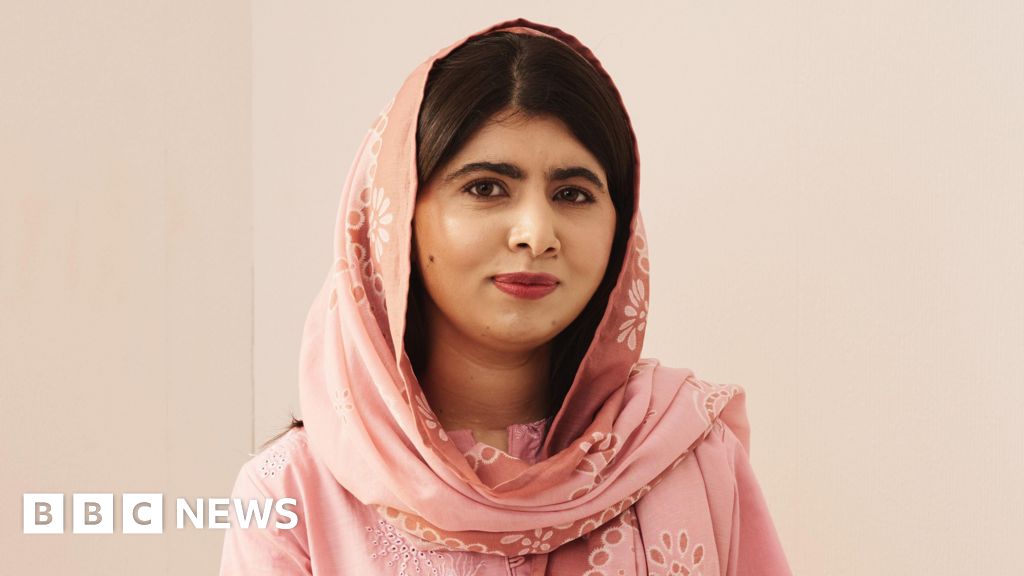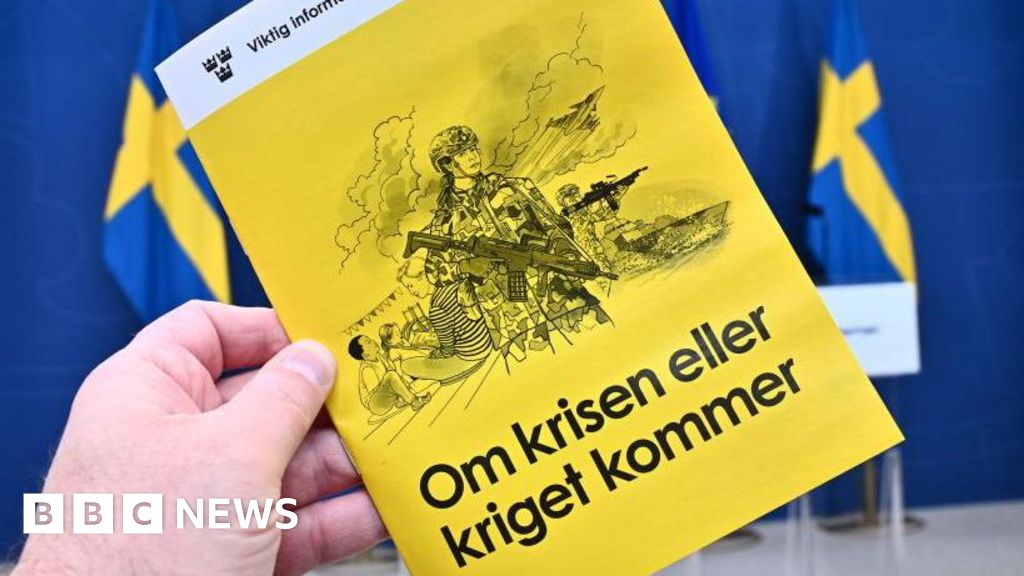ARTICLE AD BOX
Image source, Reuters
Image caption,Ms Le Pen is projected to get nearly half the votes with nearly two weeks left to go in her campaign
French presidential hopeful Marine Le Pen said she broadly supports sanctions against Russia, except when it comes to oil and gas supplies.
The far-right politician will battle Emmanuel Macron for the presidency in a run-off election after obtaining her highest result ever in the first round.
But she has faced criticism for allegedly being too close to Russia amid the war in Ukraine.
"I am perfectly in favour of all the other sanctions," Ms Le Pen said.
In the interview with France Inter Radio, she said: "I do not want French people to suffer the consequences of sanctions" on oil and gas.
France, like many other European countries, imports much of its natural gas through pipelines from Russia, using it for residential and commercial energy.
But Ms Le Pen has been criticised by rivals over her past support for Russia and its president, Vladimir Putin.
She previously appeared to support Russia's annexation of Ukraine's Crimean peninsula, and in 2017 called for international sanctions over the issue to be dropped.
Ms Le Pen justified her previous remarks by saying the annexation of Crimea was a different situation to the current invasion of Ukraine, and painted her support for Mr Putin as reflective of her wider ambition for a "multi-polar" world, Reuters reports.
Despite softening her stance on leaving the European Union and other nationalist issues in recent years, she is still widely opposed by most of France's political establishment.
Former president Nicolas Sarkozy, for example, publicly announced on Tuesday that he would vote for his party's rival Emmanuel Macron, and encouraged others to do the same.
Image source, EPA
Image caption,Mr Macron has stepped up his campaigning in recent days
Mr Macron "has the necessary experience faced with a grave international crisis", the former president wrote, "and his commitment to Europe is clear and unambiguous".
But in a sign of the changing political landscape, Mr Sarkozy's Republicans party candidate - once a dominant force in French politics - attracted less than 5% of the vote in Sunday's first round. Another former titan, the Socialists, received less than 2%.
Far-left candidate Jean-Luc Mélenchon, who came third in the first round with 22% of the vote, warned his supporters not to give a single vote to Ms Le Pen. However, he pointedly did not back Mr Macron instead.
Polling suggests the final battle between Mr Macron and Ms Le Pen could be extremely tight - with projections pointing to as close as a 51%-49% victory for Mr Macron.
Mr Macron is coming under pressure over his proposed pension reforms, which include raising the retirement age to 65.
On Monday, after Ms Le Pen's strong electoral performance, the incumbent president suggested there was room to change his proposed timelines - something Ms Le Pen painted as an empty promise to try to win over left-leaning voters.
The presidential campaign still has nearly two weeks to go, with the run-off elections scheduled for 24 April.
Watch: Could Marine Le Pen win the French elections?

 2 years ago
17
2 years ago
17








 English (US)
English (US)